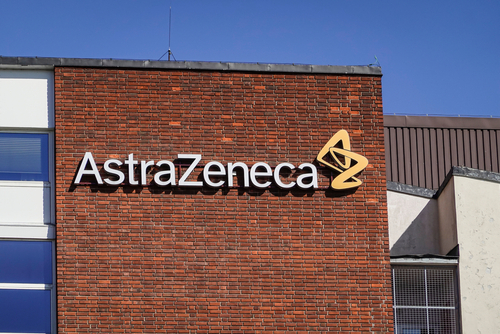
A top COVID-19 vaccine candidate being developed by AstraZeneca and Oxford University was forced to halt phase 3 trials this week after a volunteer became ill, signaling an adverse reaction that could delay the effort at immunization development.
The pause was announced as a standard review of the AZD1222 vaccine, which is currently undergoing randomized, controlled trials. An independent committee has been tapped to review the safety data of the event while the company adopts a waiting pattern, preserving the integrity of the trials. Still, both AstraZeneca and National Institutes of Health Director Francis Collins have stressed that the action is nothing unusual among vaccine trials.
“At AstraZeneca, we put science, safety, and the interests of society at the heart of our work,” Pascal Soriot, CEO of AstraZeneca, said. “This temporary pause is living proof that we follow those principles while a single event at one of our trial sites is assessed by a committee of independent experts. We will be guided by this committee as to when the trials could restart so that we can continue our work at the earliest opportunity to provide this vaccine broadly, equitably, and at no profit during this pandemic.”
At a Senate Health, Education, Labor and Pensions Committee hearing earlier this week, National Institutes of Health Director Francis Collins said a clinical hold like this “is not at all unprecedented.”
AZD1222 is a vaccine based on a weakened version of a common cold virus that causes infections in chimpanzees, as well as the genetic material of the virus spike protein for SARS-CoV-2, the virus that causes COVID-19. The spike protein is produced after vaccination, as a way to ready the immune system for further infection by SARS-CoV-2 and attack it for trying.
Earlier this week, AstraZeneca was also among nine companies to sign a pledge not to seek premature government approval for a vaccine and instead to follow the data and adhere to safety protocols. That pledge was meant to assuage a nervous public about any fears linked to political interference.




